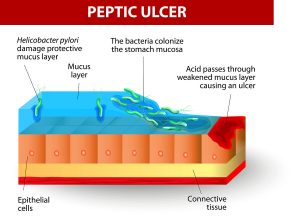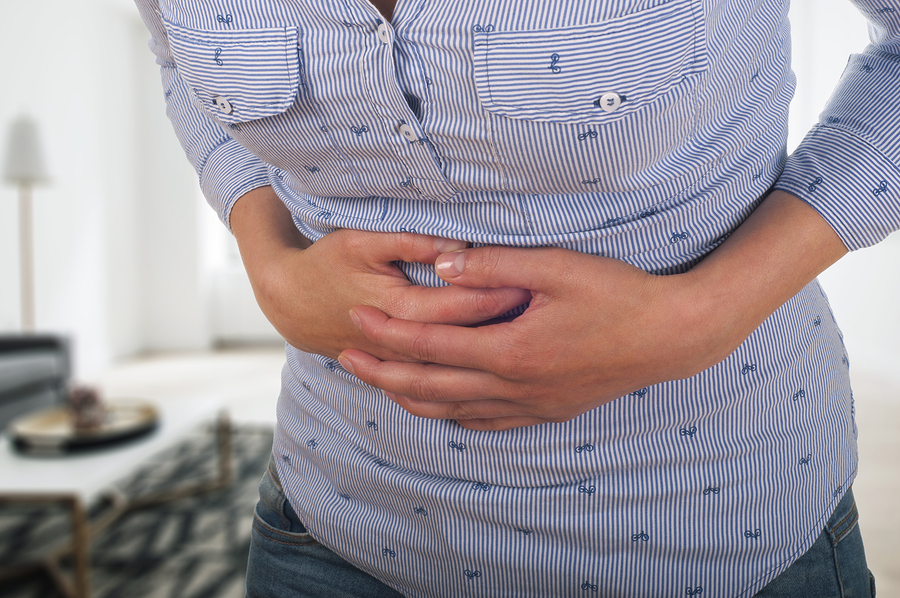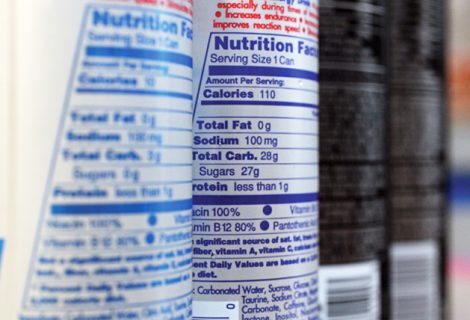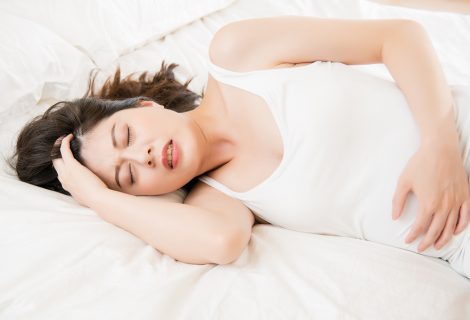GI Disorders
Peptic Ulcer Disease (PUD)

Research shows that most ulcers of the stomach and the duodenum develop because of infection with Helicobacter pylori. Bacteria weakens the protective mucous layer of the stomach. This allows acid to seep in and injure the underlying stomach cells.
Historically, the bland diet has been used in peptic ulcer disease (PUD). With the introduction of H2 inhibitors for the treatment of PUD, the use of diet has been questioned. In addition, there is growing evidence that most ulcers are associated with the microorganism called Helicobacter pylori, which is usually treated with bismuth-subsalicylate, tetracycline or ampicillin and metronidaxole.
Gastric irritants include: caffeine, alcohol, aspirin, non-steroid anti-inflammatory drugs, smoking.
GERD is Gastroesophageal Reflux Disease – It occurs when gastric contents reflux into the esophagus (swallowing tube to the stomach.) The most common symptoms are heartburn, regurgitation, dysphagia (difficulty swallowing or the feeling that food is “sticking” in your throat or chest) and chest pain. GERD is a chronic disorder whose management requires lifestyle and dietary changes often combined with drug therapy.
Modifications include: Weight loss if overweight, avoid tight clothing in the abdominal area, meal consistency, maintain upright posture while eating, stop smoking if applicable. Avoid fatty foods, chocolate, alcohol, tomato products, citrus juices, coffee*, spearmint and peppermint.
Elevate the head of the bed 6 inches and avoid eating at least three (3) hours before reclining or going to bed.
Alcohol, citrus fruits, tomato products and mint irritate the already sensitive esophageal mucosa. High fat foods decrease the lower esophageal sphincter (LES) pressure and delay gastric (stomach) emptying. Both are ideal situations for reflux of gastric contents. Chocolate also relaxes the LES and delays gastric emptying.
*Controversy exists over the effect of coffee on reflux since caffeine itself has no effect on LES pressure. Some studies have shown that coffee after a meal affects LES pressure. GERD is most likely a result of the meal and not the presence of coffee.





